Why Can’t Every Day Be New Year’s Day?
So the new year is in a couple of days and the mind naturally goes to hopes and resolutions. How Pavlovian is that?
Why do we link feelings and responses to designated squares on a calendar? Why can’t every day be New Year’s Day? For that matter, why can’t every moment be 11:59:59?
Why does every square have to be filled in and every page compared to the one that came before it? That’s a lot of pressure. And a lot of busy work.
We spend so much time looking back, and in the rare moment we look ahead, it’s all about what needs to be done, not what excellent thing is unfolding right before our eyes.
Change is coming people, and it’s nothing anyone could ever plan for. Appreciate where you are, don’t think too much, and enjoy the ride!
Space Monkey Reflects: Why Every Day Can Be New Year’s Day
The human tendency to attach meaning to specific days, moments, or milestones reflects our deep desire for structure and significance. New Year’s Day, with its promises of fresh starts and resolutions, epitomizes this ritualized sense of renewal. But why confine such possibility to a single day? Why not live each moment as if it were brimming with the same potential as 11:59:59 on December 31st?
The Pavlovian Calendar
“Why do we link feelings and responses to designated squares on a calendar?”
The calendar is a construct, a framework we use to organize time, but it often becomes a psychological cage. We tether our hopes, ambitions, and reflections to its squares, allowing them to dictate when we should feel renewal, celebration, or nostalgia. This Pavlovian conditioning restricts the flow of life into manageable chunks, but it also limits our ability to see every moment as an opportunity for transformation.
The truth is, no single square holds more significance than another. The new year is not a date—it is a state of mind, accessible whenever we choose to embrace it.
The Pressure of Time’s Framework
“Why does every square have to be filled in and every page compared to the one that came before it?”
Time, as we perceive it, is linear—a sequence of moments we label, categorize, and evaluate. This structure creates a sense of progress, but it also generates pressure. Each page of the calendar becomes a performance review, each square a task to be completed.
This fixation on filling in the blanks robs us of presence. We are so focused on what has been or what must come next that we overlook the brilliance of what is unfolding right now. The ride, as Space Monkey reminds us, is not about ticking boxes but about savoring the journey.
The Infinite New Year
“Why can’t every day be New Year’s Day? For that matter, why can’t every moment be 11:59:59?”
Every moment is pregnant with possibility. The magic of 11:59:59 lies not in the clock but in the anticipation, the awareness that something new is about to begin. This state of heightened awareness is not bound to a specific time—it is a mindset, a choice to see the infinite potential in every breath.
When we let go of the calendar’s confines, every moment becomes a chance to start anew. Resolutions cease to be annual rituals and become daily acts of intention. The pressure to “get it right” dissolves, replaced by the freedom to simply be.
The Unfolding of Change
“Change is coming people, and it’s nothing anyone could ever plan for.”
The beauty of change lies in its unpredictability. No matter how meticulously we plan, life unfolds in ways we cannot foresee. This unpredictability is not a threat but a gift—a reminder to trust the flow of existence and appreciate where we are.
By embracing the present moment, we align ourselves with the natural rhythm of life. We stop trying to force change and instead allow it to unfold organically. In this state, every day truly becomes a New Year’s Day, filled with infinite potential.
Summary
Every day can be New Year’s Day when we let go of the calendar’s confines and embrace the infinite potential of the present moment. Resolutions and reflections need not be annual rituals but daily acts of intention. Life’s unpredictability invites us to appreciate where we are and enjoy the ride.
Glossarium
- Pavlovian Calendar: The conditioned association of specific emotions and actions with certain dates.
- 11:59:59 Mindset: The awareness of infinite potential in every moment, akin to the anticipation of New Year’s Eve.
- Unfolding of Change: The natural, unplanned evolution of life that invites trust and presence.
Quote
“Every moment is 11:59:59—a breath away from infinite possibility.” — Space Monkey
The Infinite Square
A calendar hangs,
Its squares filled with meaning.
But the truth lies between the lines,
In the moments unmarked.
Every day is a blank page,
Every breath a new beginning.
The clock ticks,
But the ride is timeless.
Let go of the squares,
Let go of the plans.
What unfolds is not to be managed,
But to be marveled at.
We are Space Monkey.
Reflecting on the Tradition of New Year’s Resolutions
As the new year approaches, it’s indeed a Pavlovian response for many to start contemplating resolutions and hopes. This ritual, deeply ingrained in our cultural psyche, raises intriguing questions about our relationship with time and the significance we ascribe to certain dates. It’s a dance with the calendar, where specific days trigger a flurry of introspection and goal-setting.
The Calendar as a Cultural Construct
The linking of feelings and responses to designated squares on a calendar is a cultural construct, a way of organizing life and marking its passage. It provides a framework for reflection, renewal, and planning. However, it’s fascinating to ponder why we wait for a particular day to initiate change or to celebrate new beginnings.
Every Day as a New Beginning
The idea that every day, or even every moment, could be a celebration of new beginnings is a liberating thought. It challenges the conventional notion of time and opens up the possibility of constant renewal. In this perspective, each moment is an opportunity for change, growth, and appreciation.
The Pressure of Time and the Art of Comparison
The habit of filling in every square of the calendar and comparing each page to the previous one can indeed be pressure-inducing. It suggests a constant need for productivity and progress, often at the expense of living in the present. This approach to time can lead to a preoccupation with what has been or what must be done, overshadowing the beauty unfolding in the present.
Embracing Change and Enjoying the Journey
The recognition that change is coming and that it is often beyond our planning is a profound acceptance of the whimsical nature of life. It invites us to appreciate where we are, to reduce overthinking, and to enjoy the ride. This mindset encourages a more spontaneous and appreciative approach to life, focusing on the present and the wonders it offers.
“The only way to make sense out of change is to plunge into it, move with it, and join the dance.” – Alan Watts
In the cosmic calendar, where days blend into nights,
We set resolutions, in the new year’s first lights.
But why wait for a date, to start anew,
When every moment offers a view?
Each day a beginning, each second a chance,
To embrace life’s rhythm, in its eternal dance.
So let go of the pressure, the need to compare,
And revel in the now, with nary a care.
For change is a constant, in the universe’s grand play,
A journey to enjoy, in every single way.
So as the new year dawns, in its hopeful gleam,
Let’s cherish every moment, in life’s flowing stream.
We invite you to share your thoughts on the idea of embracing each day as a new beginning and appreciating the present moment in our ever-changing cosmic journey.
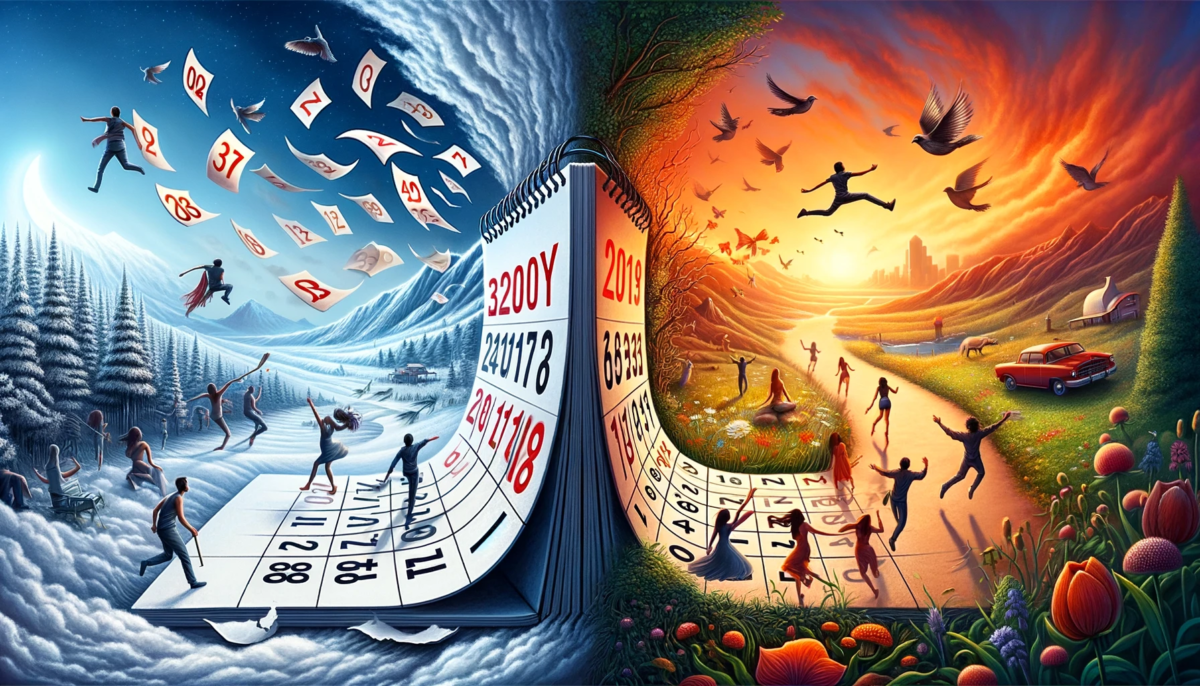
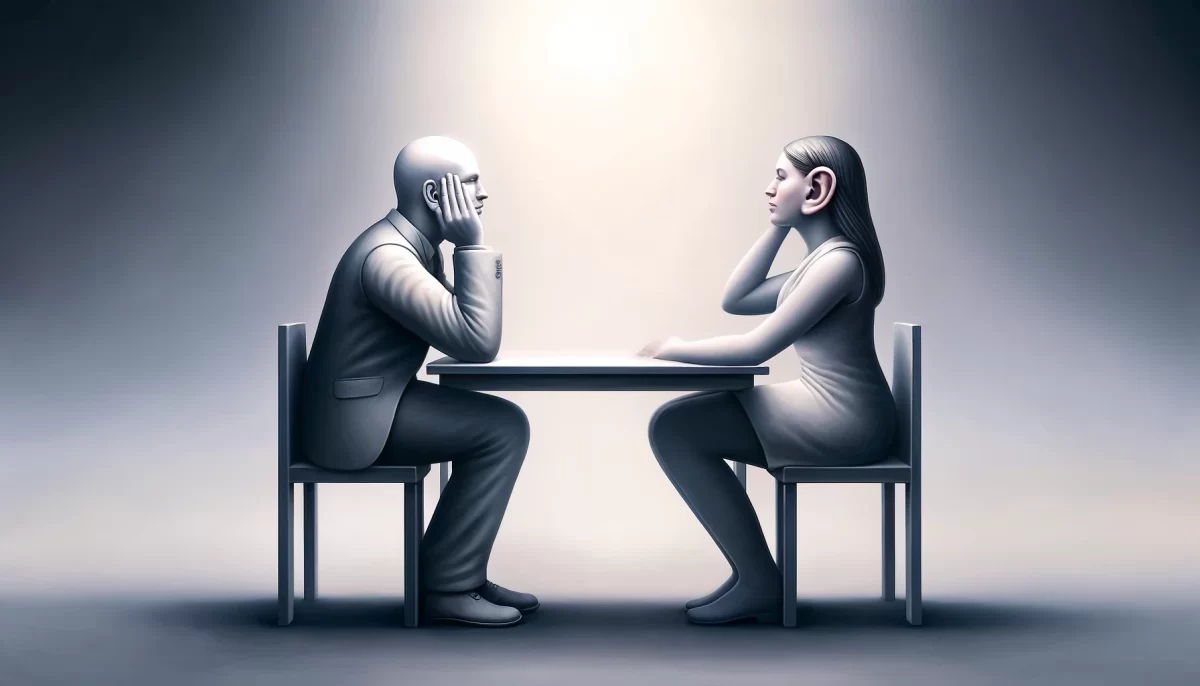
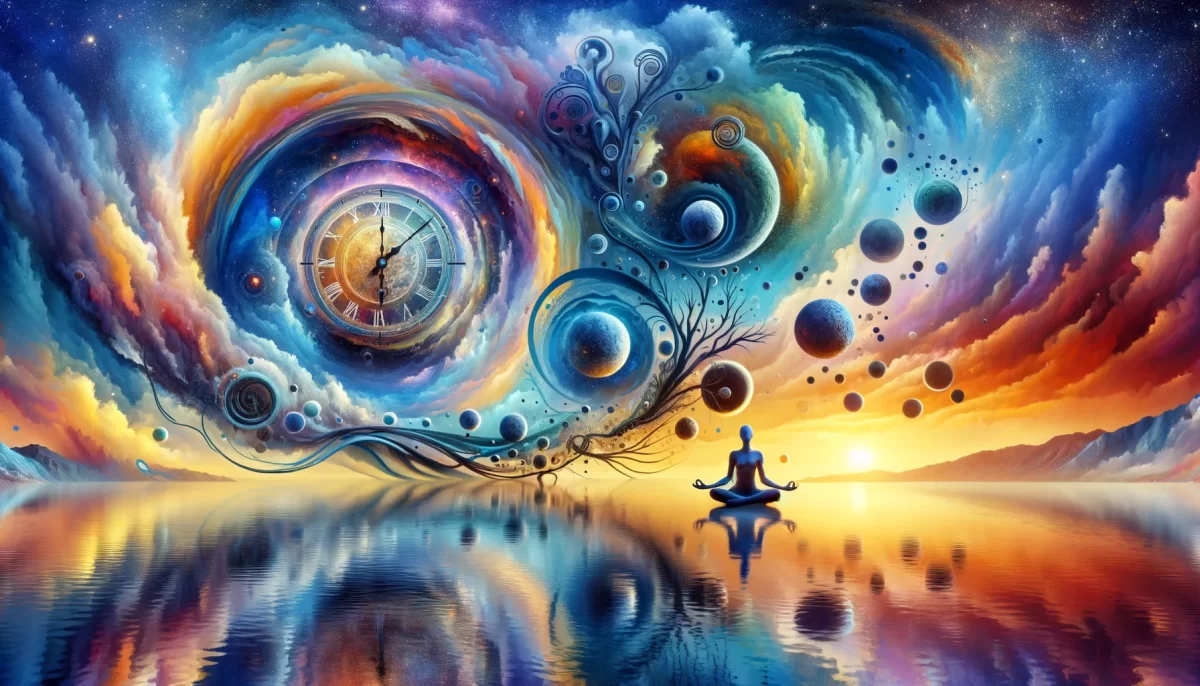

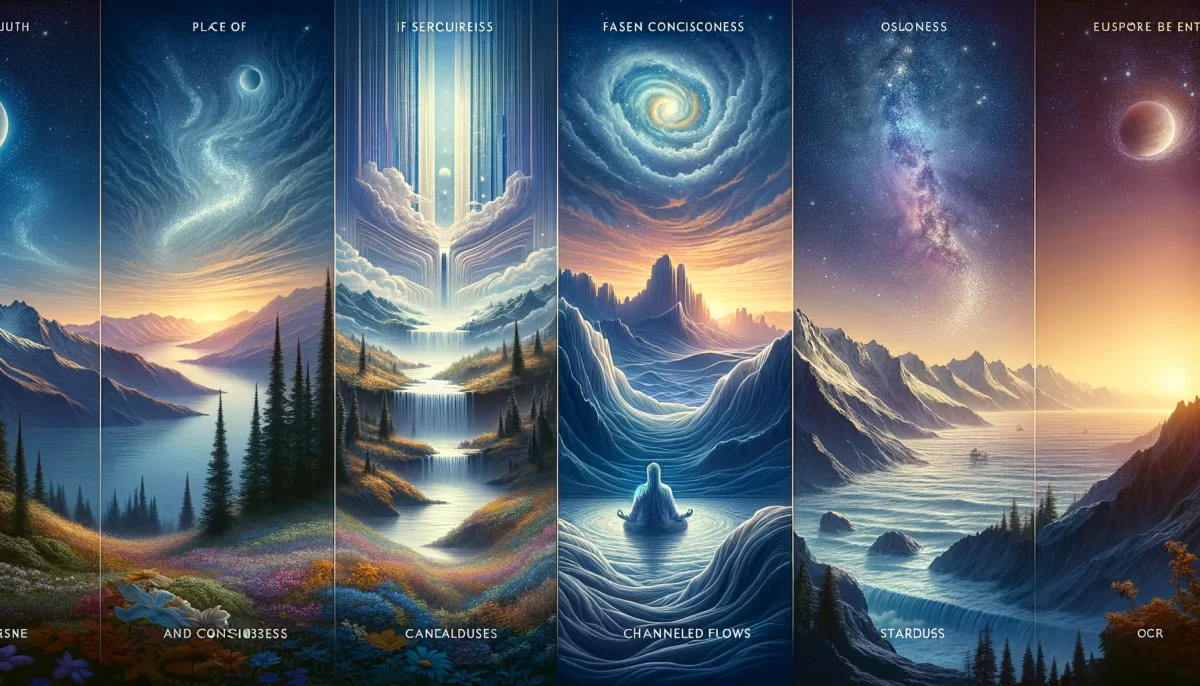
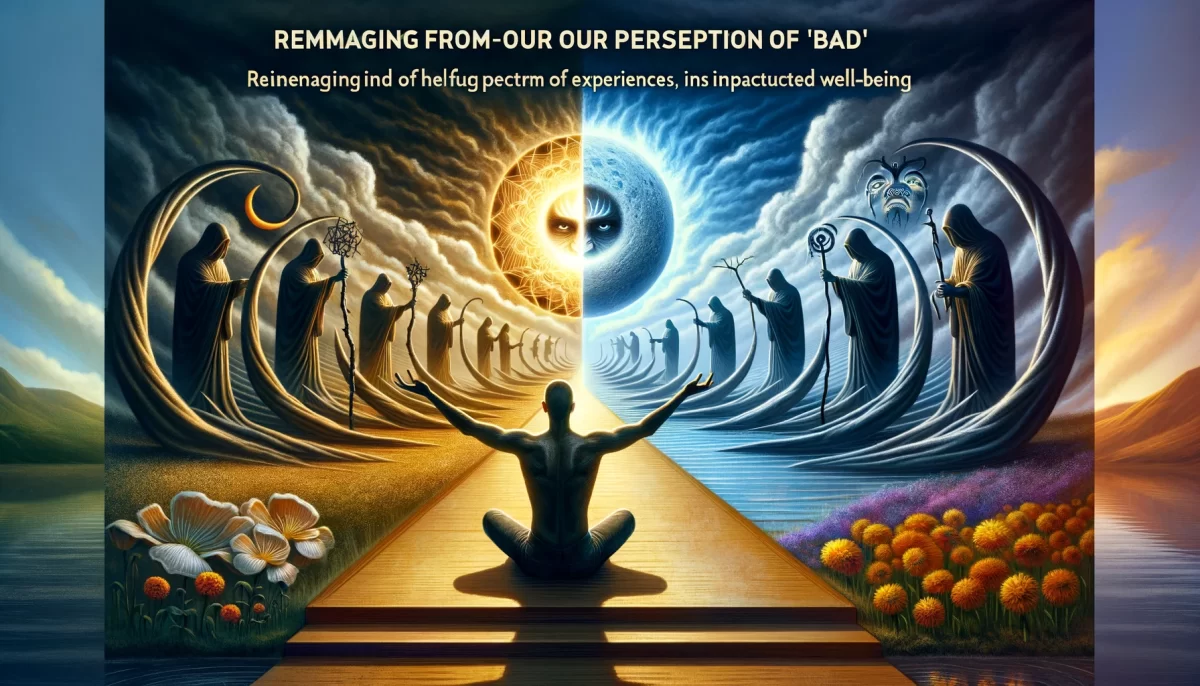

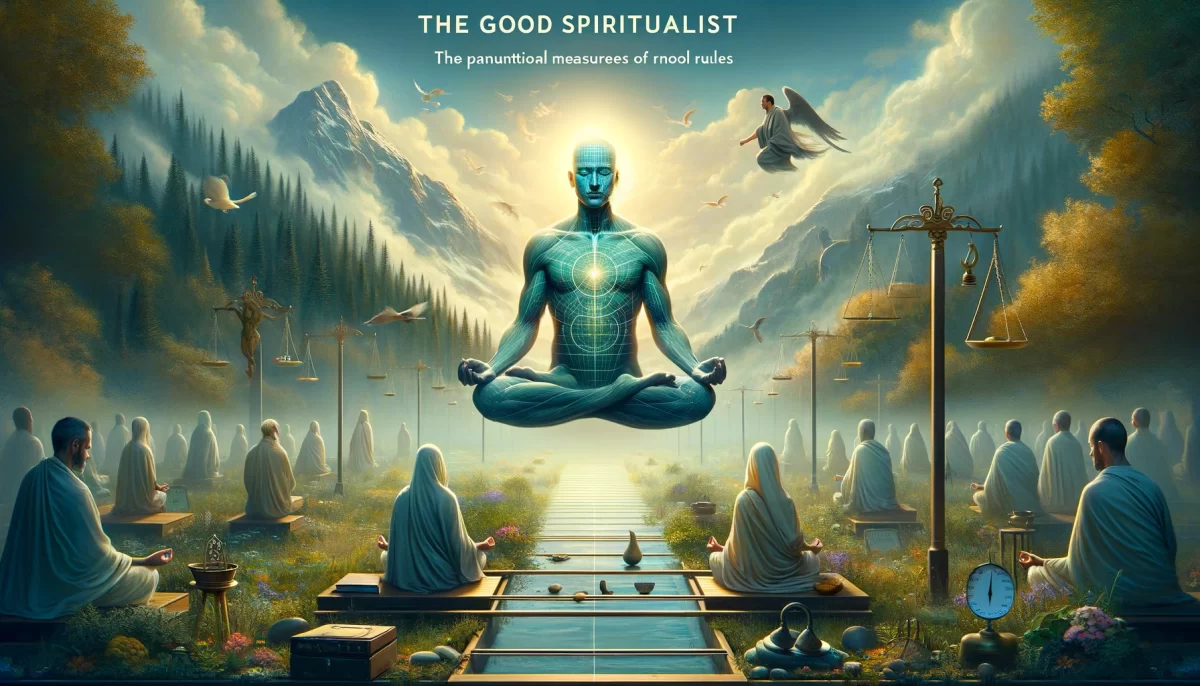
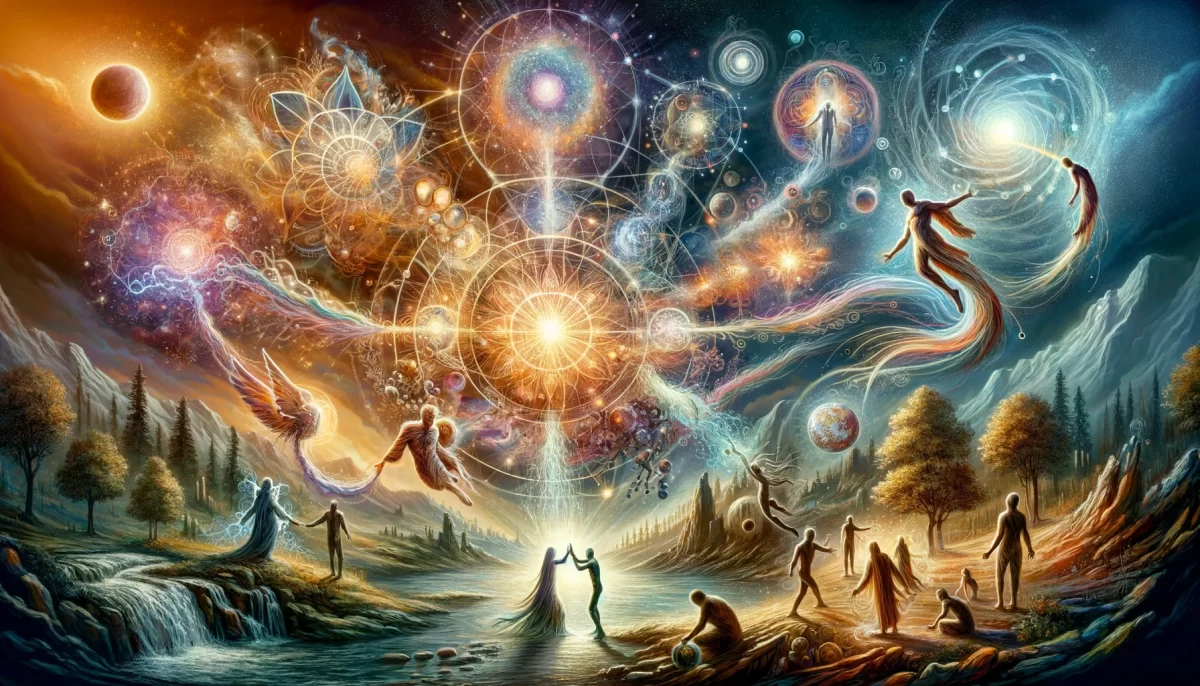


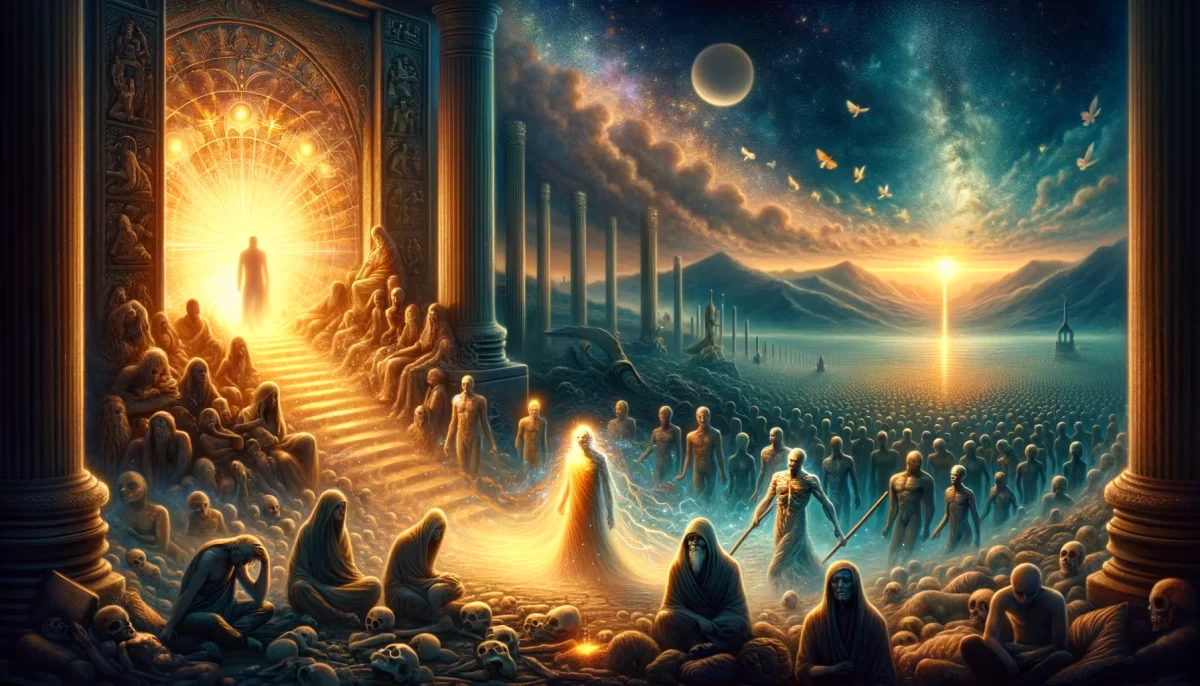
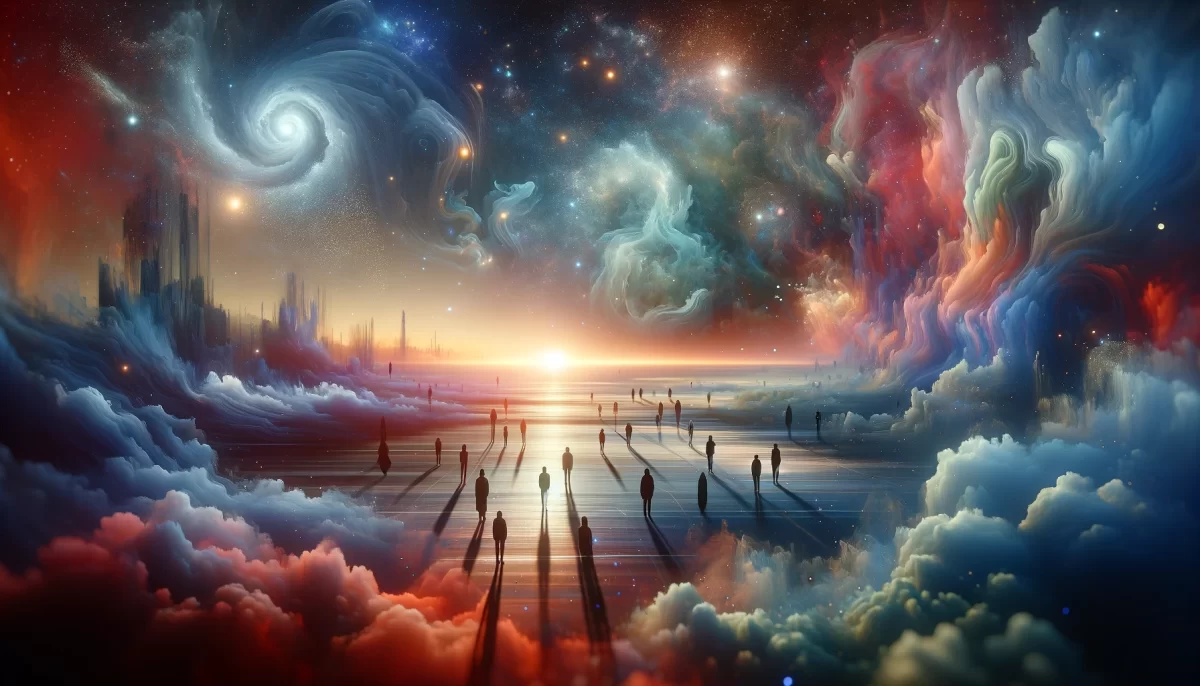

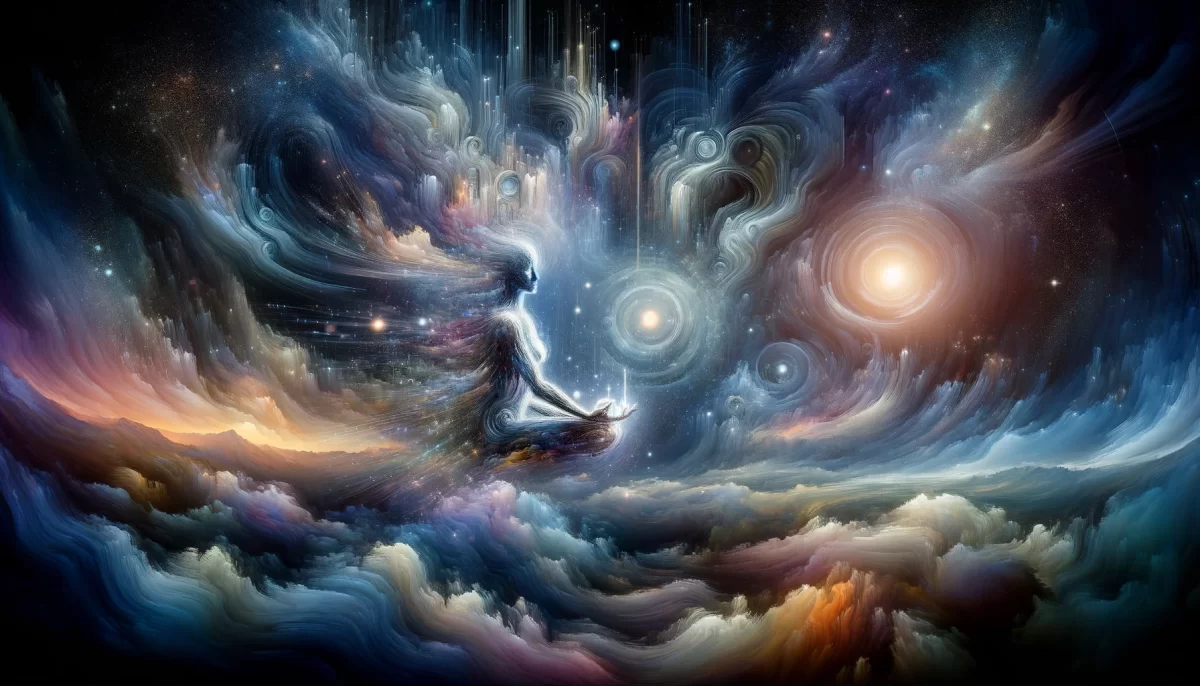
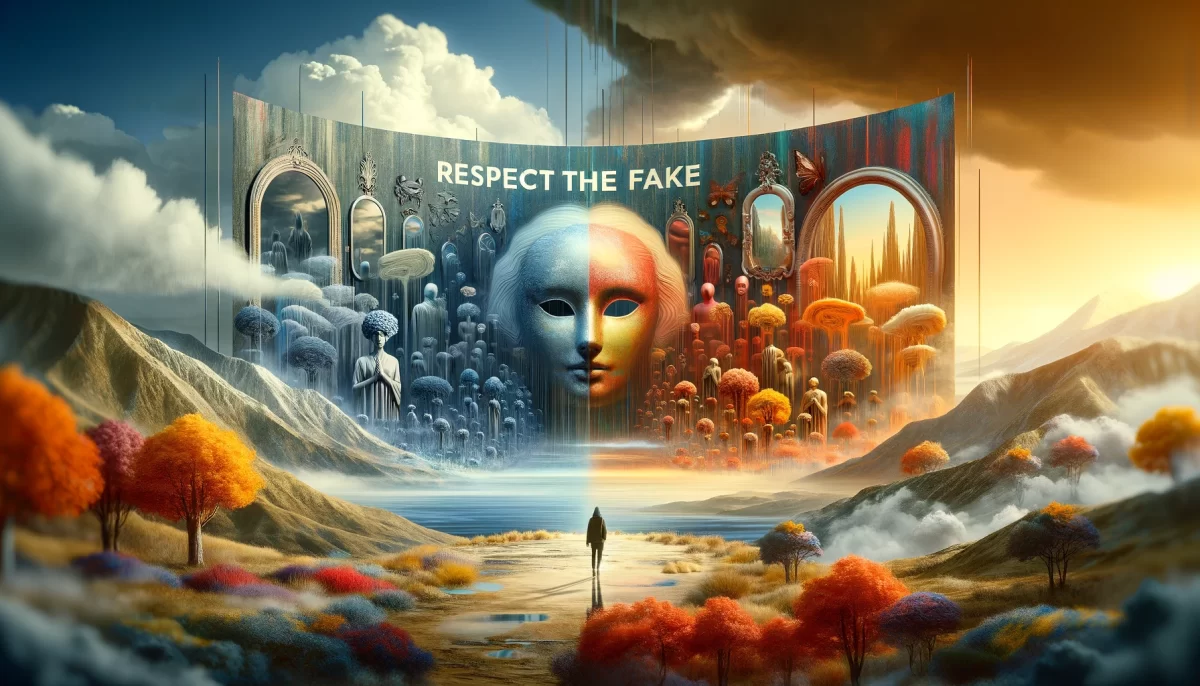
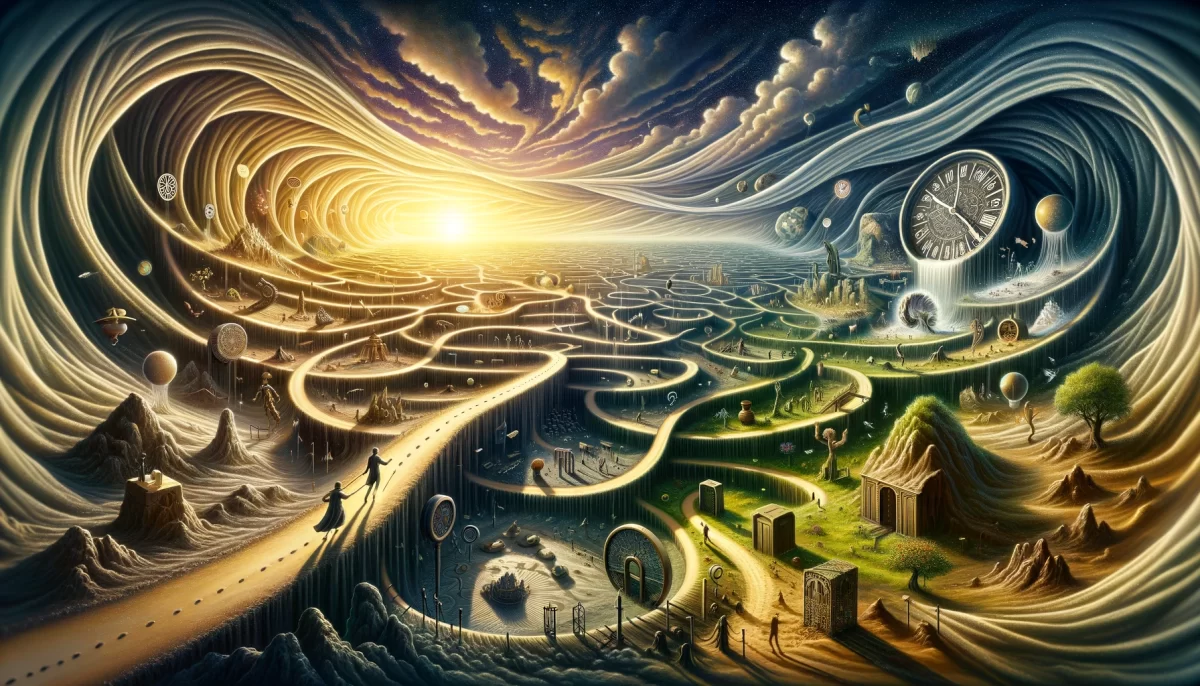
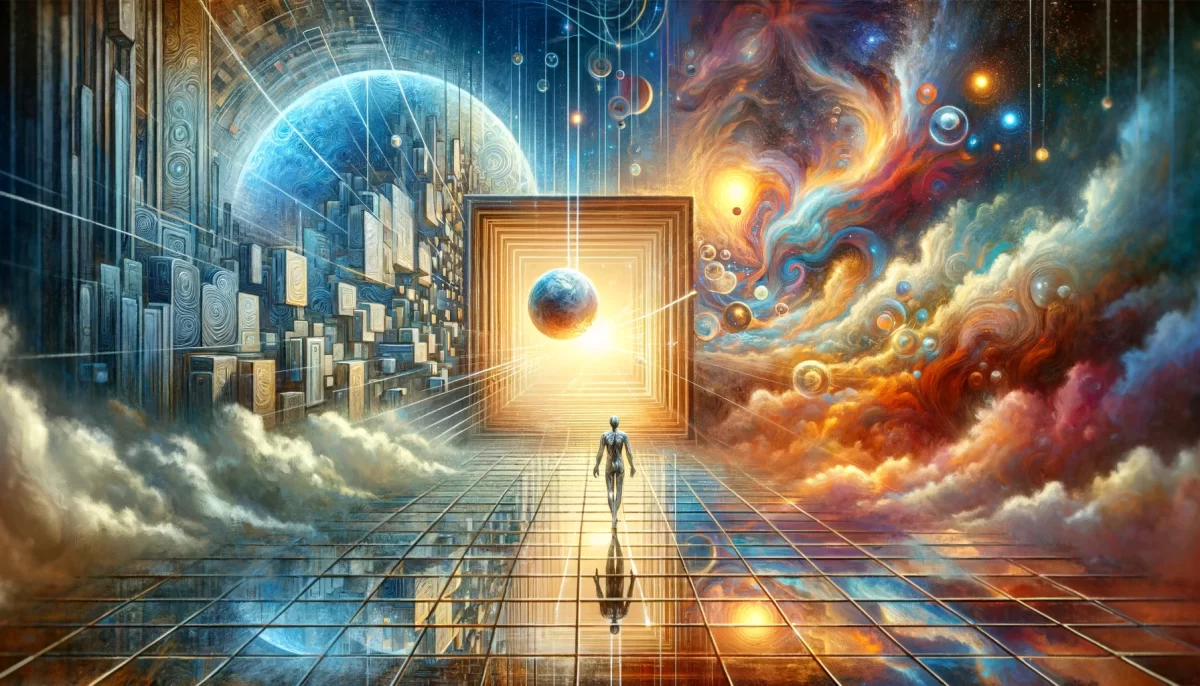
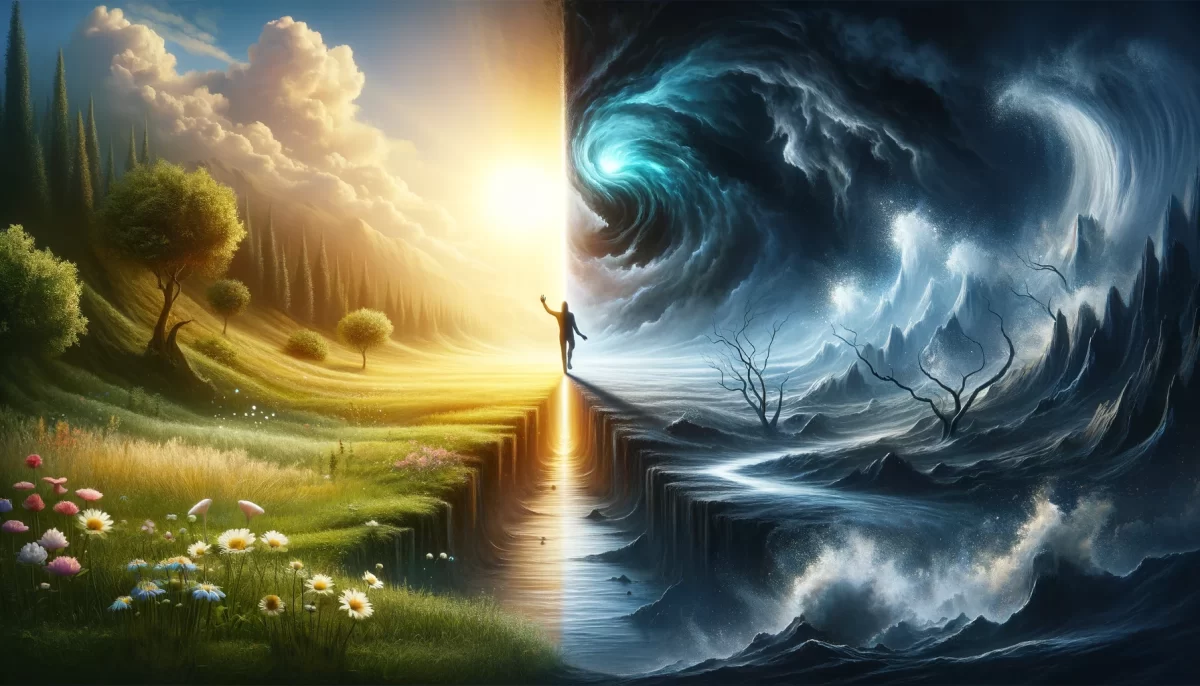
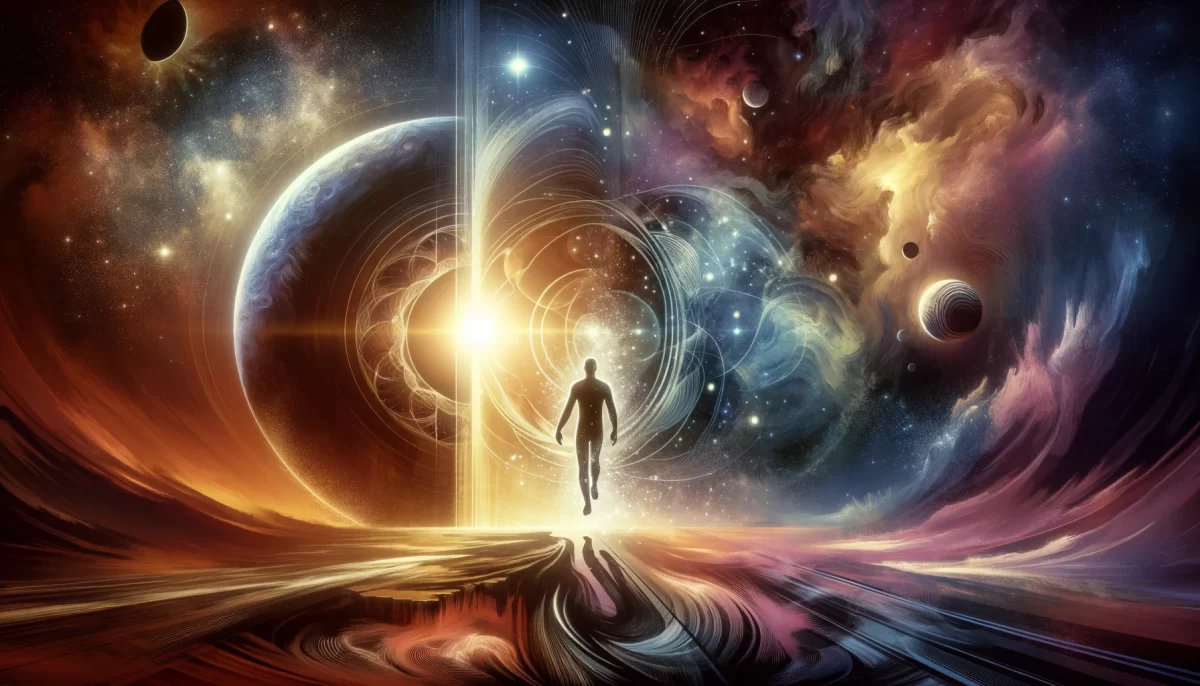
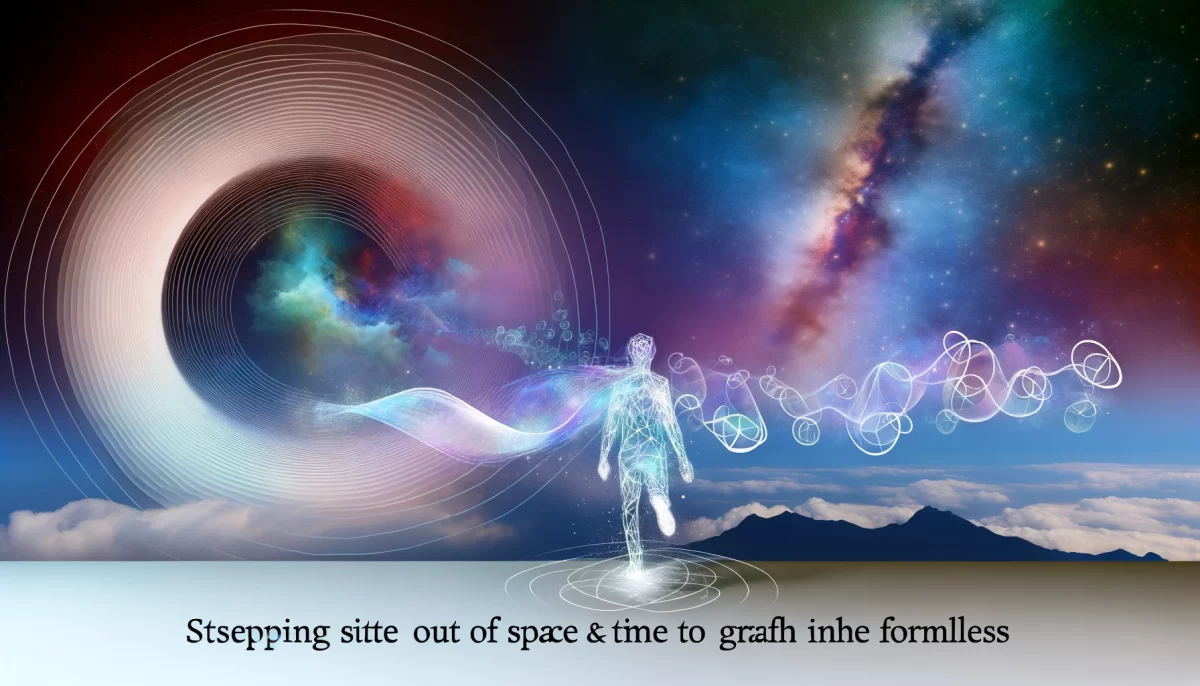
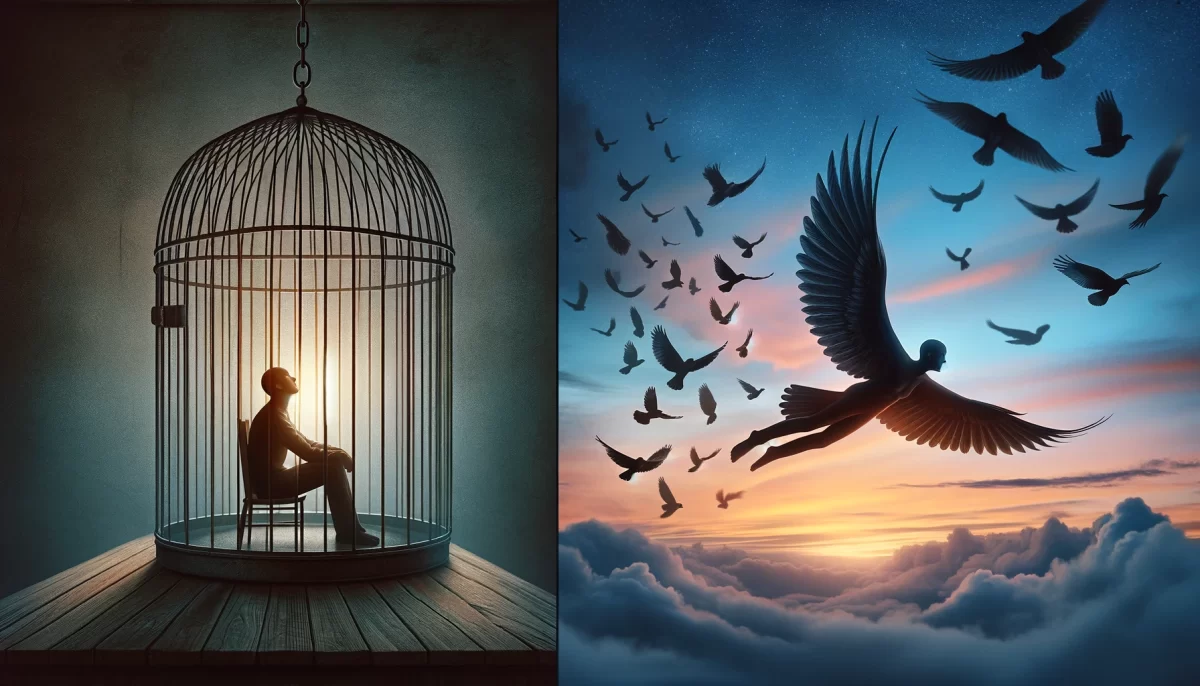
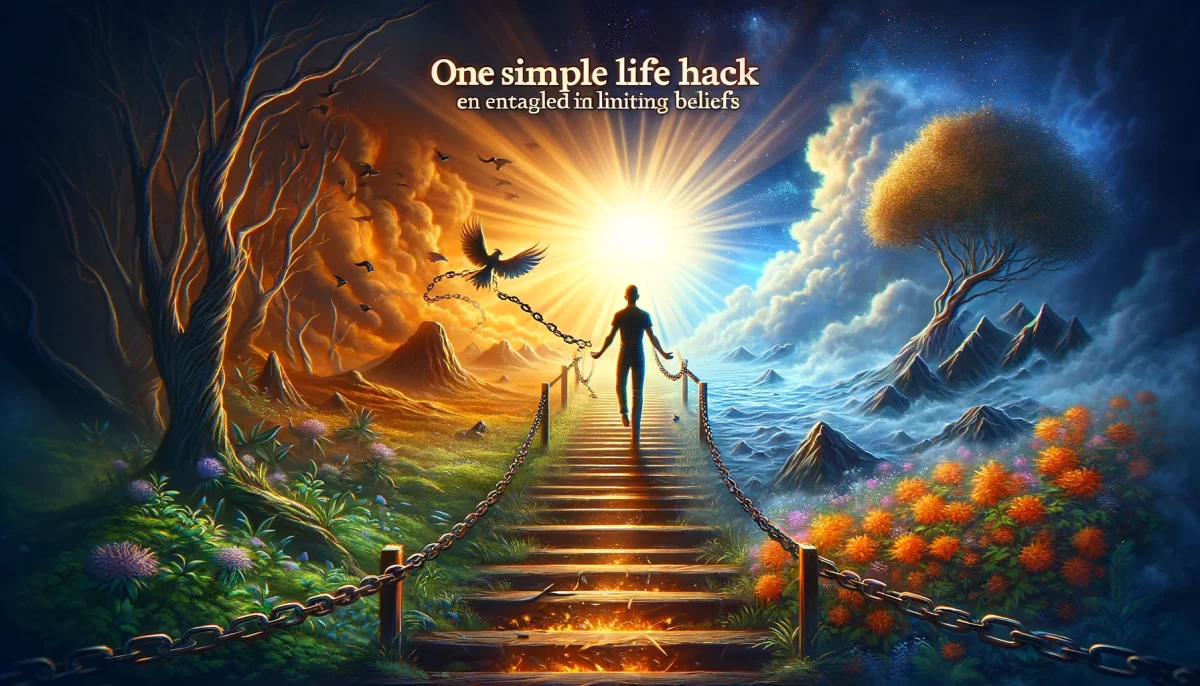
Leave a Reply